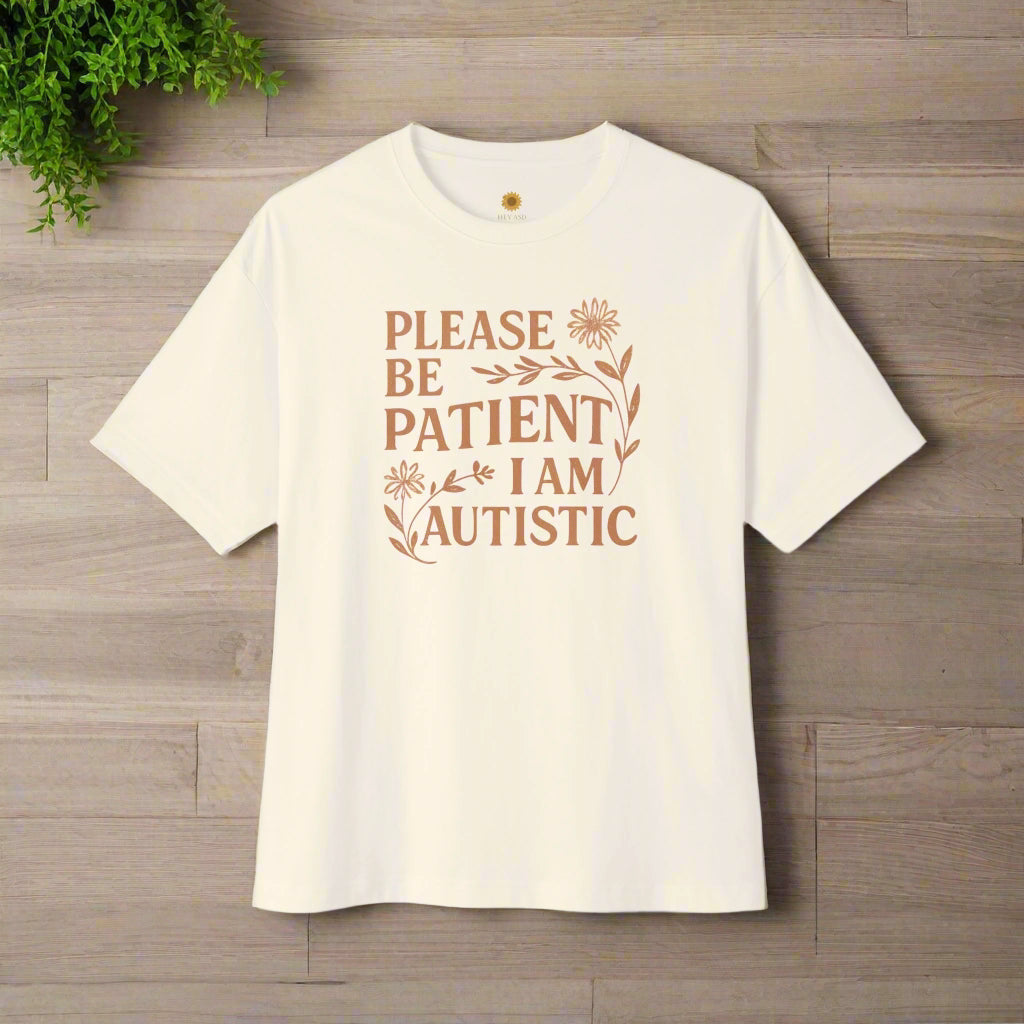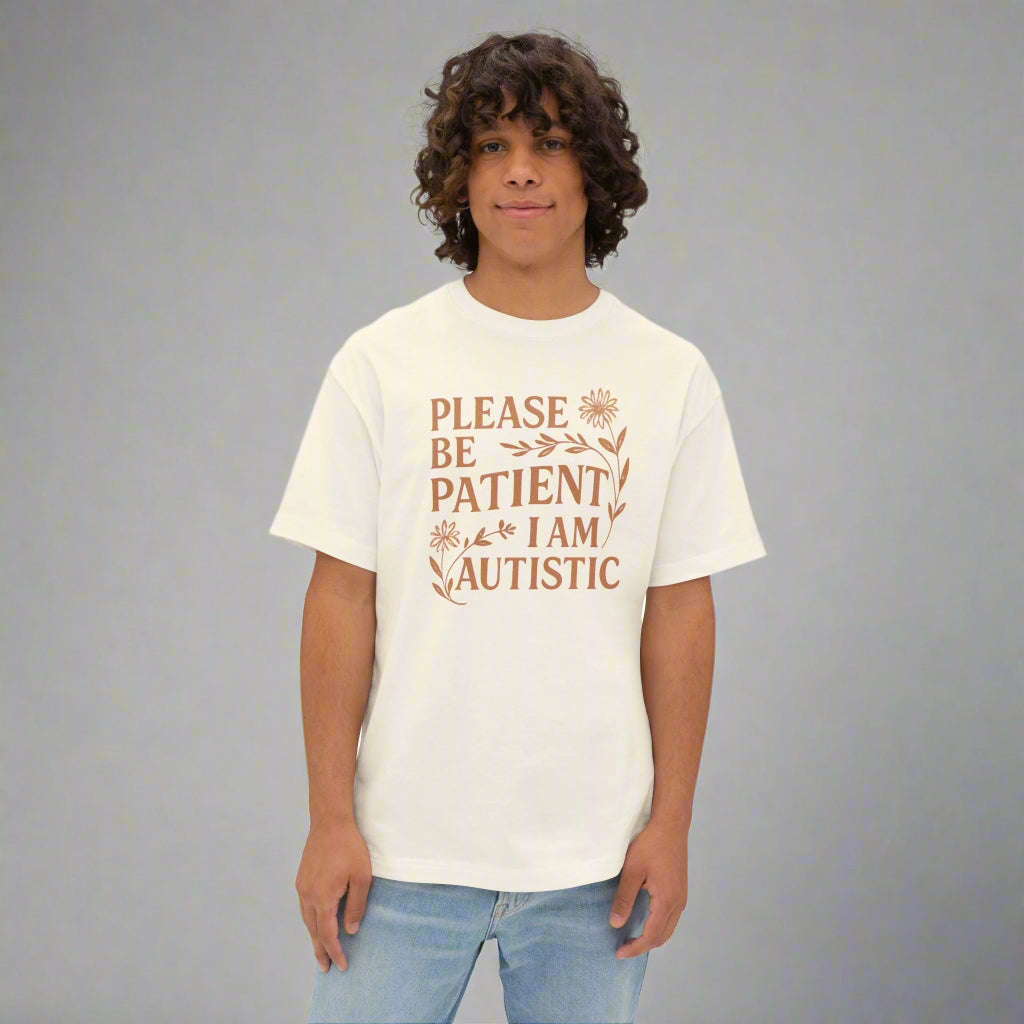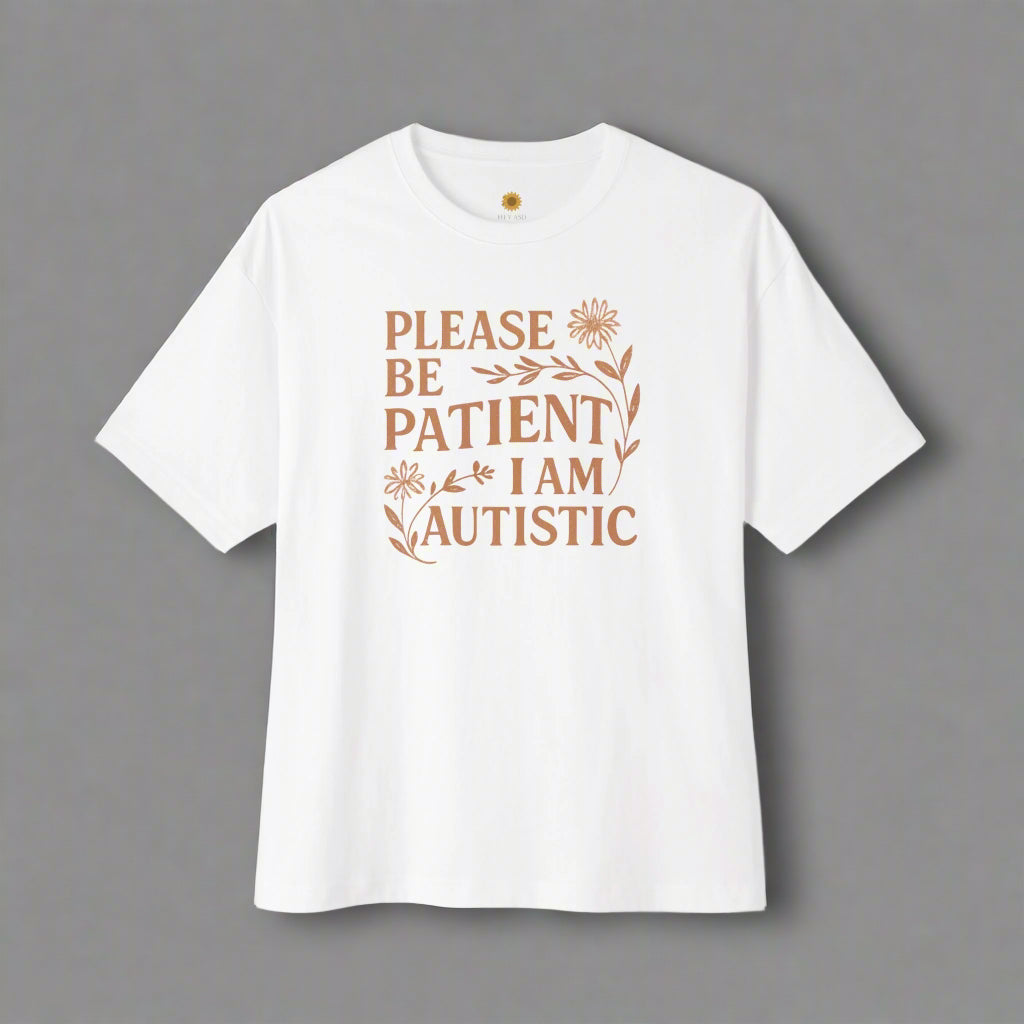Autism Spectrum Disorder (ASD) is a neurodevelopmental disorder that affects communication, social interaction, and behavior. While early intervention can significantly improve outcomes for children with ASD, many adults with autism continue to face challenges that impact their daily lives.
Occupational therapy (OT) is an evidence-based intervention that can help adults with autism to overcome these challenges and live more fulfilling lives.
In this article, we will explore how occupational therapy can help adults with autism and the different approaches and techniques used by occupational therapists.
What is Occupational Therapy?
Occupational therapy is a type of therapy that helps individuals develop and improve the skills they need to carry out daily activities and participate in meaningful occupations.
For adults with autism, occupational therapy can be an effective way to improve daily living skills, enhance social skills, and manage sensory issues.
Definition of Occupational Therapy
Occupational therapy is a healthcare profession that focuses on helping individuals achieve their goals related to daily activities, also known as "occupations."
These activities can include everything from self-care tasks like dressing and grooming to work-related tasks like using a computer or operating machinery.
How Occupational Therapy Helps Adults with Autism
Occupational therapy can help adults with autism by providing them with tools and strategies to improve their ability to function independently and engage with the world around them. It can also help to reduce anxiety and stress, enhance communication skills, and improve overall quality of life.
Benefits of Occupational Therapy for Adults with Autism
There are many benefits of occupational therapy for adults with autism. Here are just a few:
Improving Daily Living Skills
Occupational therapy can help adults with autism to develop the skills they need to carry out daily activities independently. This can include everything from dressing and grooming to cooking, cleaning, and managing finances.
Enhancing Social Skills and Communication
Many adults with autism struggle with social interactions and communication. Occupational therapy can help to enhance these skills through social skills training, communication strategies, and other techniques.
Managing Sensory Issues
Sensory issues are common in individuals with autism, and can manifest in a variety of ways. Occupational therapy can help to manage sensory issues through sensory integration therapy, environmental modifications, and other techniques.
Supporting Mental Health and Well-Being
Many adults with autism also struggle with mental health issues like anxiety and depression. Occupational therapy can help to support mental health and well-being by providing coping strategies and tools for managing stress.
Occupational Therapy Treatment Approaches for Adults with Autism
There are several different approaches to occupational therapy for adults with autism, including:
Sensory Integration Therapy
Sensory integration therapy is a type of occupational therapy that focuses on addressing sensory processing issues. It can involve activities like swinging, bouncing on a therapy ball, and touching different textures to help individuals become more comfortable with sensory input.
Cognitive Behavioral Therapy (CBT)
Cognitive Behavioral Therapy (CBT) is a type of therapy that helps individuals change negative thought patterns and behaviors. It can be particularly helpful for individuals with autism who struggle with anxiety and other mental health issues.
Social Skills Training
Social skills training can help individuals with autism to improve their ability to interact with others and engage in social situations. This can involve everything from practicing conversation skills to learning how to read social cues.
Assistive Technology
Assistive technology includes devices and software that can help individuals with autism to communicate and carry out daily activities. Examples of assistive technology include speech-generating devices, text-to-speech software, and adaptive keyboards.
Environmental Modifications
Environmental modifications involve making changes to an individual's surroundings to better accommodate their needs.
For individuals with autism, this might include reducing sensory input by creating a quiet, calm environment, or using visual cues to help with organization and daily routines.
Conclusion
Occupational therapy can be a valuable resource for adults with autism, helping to improve daily living skills, enhance social interactions and communication, manage sensory issues, and support overall mental health and well-being.
By working with a trained occupational therapist, individuals with autism can learn new strategies and techniques for managing their unique challenges and living a more independent and fulfilling life.
FAQs
What is the role of an occupational therapist in treating adults with autism?
An occupational therapist can help adults with autism by providing tools and strategies to improve daily living skills, enhance social skills, manage sensory issues, and support mental health and well-being.
Can occupational therapy help with sensory issues in adults with autism?
Yes, occupational therapy can help to manage sensory issues in adults with autism through sensory integration therapy, environmental modifications, and other techniques.
What types of activities might an occupational therapist use in treatment?
Occupational therapists might use a variety of activities in treatment, depending on the individual's needs and goals. These might include sensory integration activities, social skills training, cognitive behavioral therapy, and assistive technology.
How can I find an occupational therapist who specializes in working with adults with autism?
You can search for occupational therapists who specialize in working with adults with autism through professional organizations like the American Occupational Therapy Association or through online directories like Psychology Today.
Can occupational therapy help adults with autism find employment?
Yes, occupational therapy can be helpful in preparing individuals with autism for employment by improving social skills, communication, and work-related skills. Occupational therapists can also provide job coaching and support to help individuals succeed in the workplace with workplace accomodations for autism.

























3 comments
I went through this particular blog and am really impressed, this gives me another chance for job employment opportunities. Much love❤️
Really learnt alot with the article… This provide source of employment opportunities for all
I love this article… Really helps alot